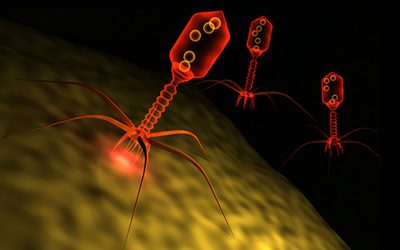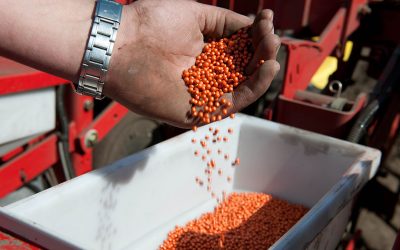EFSA and EU work on GMO risk assessment
More than 60 GMO experts from national regulatory risk assessment bodies in the EU met in November 2007 to examine EFSA’s risk assessment procedures and its Guidance Documents. The meeting was organised by EFSA, the body that is working closely with EU Member States on GMO risk assessment.
meeting on the general
approach on risk assessment methodologies and approaches to GMOs. EFSA is
building on the exchange of views to continue to strengthen its risk assessment
approach and will take a number of recommendations to the Advisory Forum for
further discussion.
Risks of cultivation
One key issue
addressed at the meeting was the Environmental Risk Assessment of GM plants
intended for cultivation in Europe. Several experts asked EFSA to develop
guidance further, particularly concerning field trials, regional specificity and
potential effects on non-target organisms. EFSA will pursue its work in this
area in co-operation with Member States and in light of a question recently
received from the European Commission (DG Environment) on Environmental Risk
Assessment.
Use of statistics
The use of statistics in GMO risk
assessments, to estimate biological differences between a GM plant and its
conventional counterpart, was discussed in detail. EFSA has a working group
looking at new statistical methods that could help further advance harmonisation
in risk assessment. The majority of Member State experts agreed that statistics
had an important role to play in GMO risk assessment but emphasised that
biological relevance should drive the dynamics of the risk assessment rather
than statistical significance.
Animal feeding trials
On animal feeding trials, the majority of Member State
experts was satisfied with present EFSA risk assessment guidance which requires
a 90-day feeding trial study whenever evidence indicates significant differences
in the GM plant which requires further investigation. However, one Member State
expert asked for animal feeding trials to be conducted as a matter of routine.
EFSA’s GMO Panel has adopted a Report on animal feeding trials which will be
published in a peer-reviewed scientific journal over the coming months.
Related news:
EFSA consults public on GMO trials
GMO zero tolerance devastating for EU feed industry
EFSA: GM meat does not affect meat
Related
website:
EFSA











